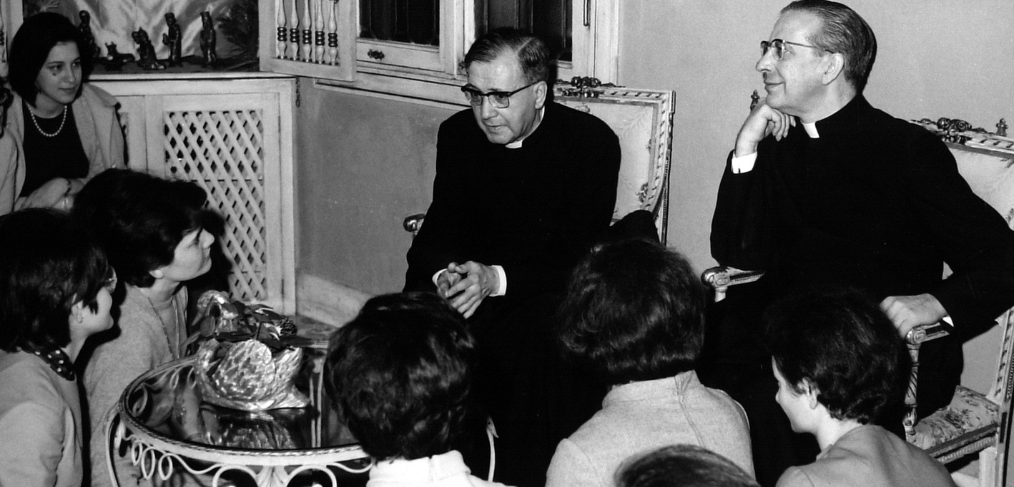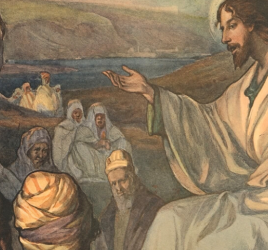
Beginning the New Year with Meaningful Resolutions: 6 Tips from St. Josemaria Escriva
The beginning of a New Year invites us to reflect on the areas of our lives that we want to improve, grow, or change throughout the twelve months ahead. It is an opportunity to begin again. However, in order for our resolutions to be most effective, St. Josemaria Escriva encourages us to make few and specific resolutions that we bring to our daily prayer throughout the year and ask for God’s help.
Following are 6 essential tips from St. Josemaria for making meaningful resolutions at the New Year (or anytime of the year):
- Be Clear and Definite
Resolutions thrive on specificity. Vague goals lead to inaction, but clear, actionable resolutions give us direction: “Be definite. Don’t let your resolutions be like fireworks that sparkle for a moment, to leave behind a blackened, useless stub” (The Way, no. 247). - Avoid Procrastination—Start Now
The present moment is the best time to begin. Putting off change could weaken our resolve: “‘To-morrow’ is often the adverb of the defeated. Do your duty ‘now’” (The Way, no. 251-253). - Focus on Few, Realistic Goals
Trying to tackle too many resolutions can become overwhelming and hinder progress. Instead, focus on one or two meaningful areas for growth: “Make few resolutions. Make them definite. And fulfill them with the help of God” (The Way, no. 249). - Be Humble
Humility grounds our progress. Success in resolutions comes from God’s grace, not solely from our own strength: “The more I am exalted, Jesus, the more I want you to humble me in my heart, showing me what I have been, and what I will be if you leave me” (The Way, no. 591). - Persevere Through Challenges
Setbacks are inevitable, but perseverance and trust in God can bring peace to our struggle: “Stick to your resolutions. And the pain will soon turn into joyful peace” (The Way, no. 256). - Examine Your Conscience
To sustain our resolutions, St. Josemaria emphasizes the importance of a daily examination of conscience. This spiritual practice serves as both our armor and sword:The General Examination: Your Armor
Each night, we reflect broadly on the events of the day—the good, the not-so-good, and how we will try to do better the next day. St. Josemaria compares this daily reflection to careful bookkeeping: “Examination of conscience: a daily task. Book-keeping is never neglected by anyone in business. And is there any business worth more than the business of eternal life?” (The Way, no. 235)The Particular Examination: Your Sword
While the general examination is an overview of each day, the particular examination helps us to identify or focus on one specific area of weakness or a virtue that we want to grow in. This approach allows us to “attack” the area of our lives that most needs improvement: “The general examination implies defense. The particular, attack. The first is your armor. The second, your sword” (The Way, no. 238).Through the practice of the examination of conscience, we not only measure our progress but also receive the strength to persevere in our desire to change, grow, and love God more and deeper.




